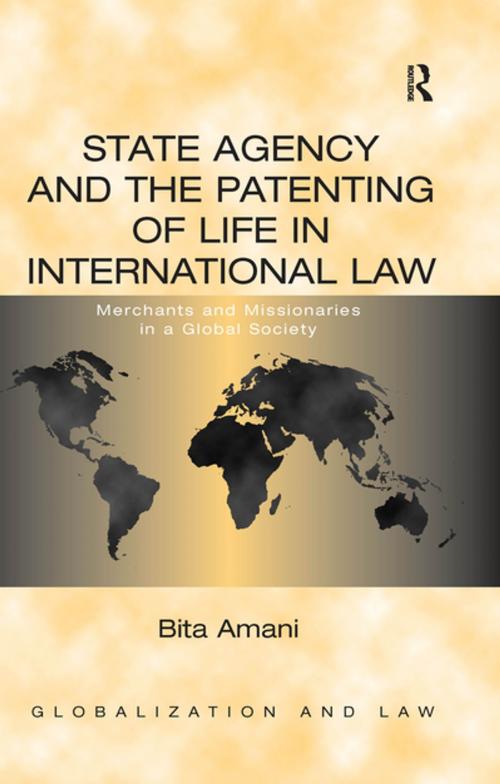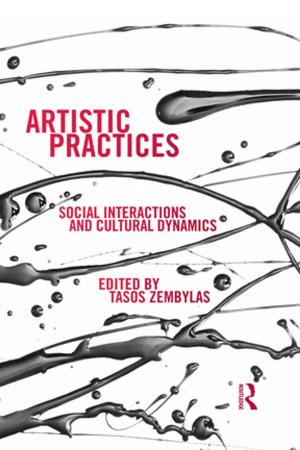State Agency and the Patenting of Life in International Law
Merchants and Missionaries in a Global Society
Nonfiction, Reference & Language, Law, International| Author: | Bita Amani | ISBN: | 9781351898126 |
| Publisher: | Taylor and Francis | Publication: | December 5, 2016 |
| Imprint: | Routledge | Language: | English |
| Author: | Bita Amani |
| ISBN: | 9781351898126 |
| Publisher: | Taylor and Francis |
| Publication: | December 5, 2016 |
| Imprint: | Routledge |
| Language: | English |
How should a state respond to competing international obligations where the patenting of life is concerned? Following the institutionalization of Intellectual Property in the world trading system under the Agreement on Trade-Related Aspects of Intellectual Property Rights (TRIPS), states face differing challenges and restraints on their freedom to develop biopatenting programmes. Through a comparative review of patenting in two key but diverging jurisdictions, Canada and the US, this book considers how states might exercise the right of self-determination in their domestic law and policy over biopatenting to promote objectives of human welfare and fair competition. Departing from existing studies, this timely and important volume offers a pragmatic two-step approach to state agency to resolve apparent conflicts between the regulatory options afforded by economic globalization and the need to forge domestic laws that reflect community values. In this approach, rich and poor countries alike are invited to assert the primacy of human rights in their industrial and cultural policies.
How should a state respond to competing international obligations where the patenting of life is concerned? Following the institutionalization of Intellectual Property in the world trading system under the Agreement on Trade-Related Aspects of Intellectual Property Rights (TRIPS), states face differing challenges and restraints on their freedom to develop biopatenting programmes. Through a comparative review of patenting in two key but diverging jurisdictions, Canada and the US, this book considers how states might exercise the right of self-determination in their domestic law and policy over biopatenting to promote objectives of human welfare and fair competition. Departing from existing studies, this timely and important volume offers a pragmatic two-step approach to state agency to resolve apparent conflicts between the regulatory options afforded by economic globalization and the need to forge domestic laws that reflect community values. In this approach, rich and poor countries alike are invited to assert the primacy of human rights in their industrial and cultural policies.















